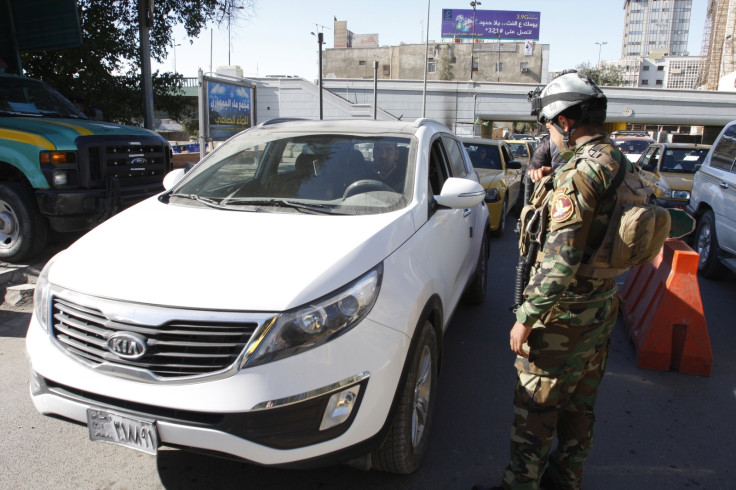Rise of Isis in northern Iraq paves way for end of 10-year Baghdad curfew

Iraq's Prime Minister Haider al-Abadi has ordered the Baghdad curfew to be lifted from this weekend.
The 10-year night-time curfew was initially introduced to reduce violence during the US occupation of Iraq and has been maintained as militant groups have waged a long insurgency against the government.
The Iraqi capital has been hit by frequent car bomb and suicide bomb attacks, often carried out by Sunni militants opposed to Iraq's Shia-dominated government.
Ten people were killed when a series of explosions hit the city on Tuesday (3 February).
However, the threat to the city from militants aligned with Islamic State (Isis) is thought to have subsided.
The group has seized vast swaths of territory in northern Iraq, including the second city of Mosul, after a summer advance that caught the national security forces by surprise.
While Iraq's army has stepped up its fight against IS in the north of the country, the extremist group is thought to pose a smaller threat to the capital.
Abadi, who was elected prime minister in a September 2014 poll, is understood to have made the final decision after being briefed by security services.
Some major streets in the capital were also ordered to be opened, as the government seeks to "facilitate the movement of citizens", it said in a statement.
© Copyright IBTimes 2025. All rights reserved.






















